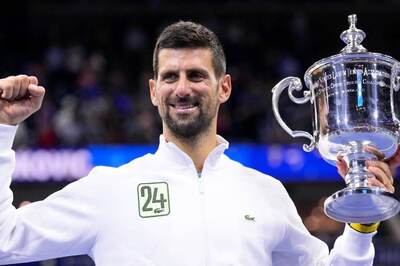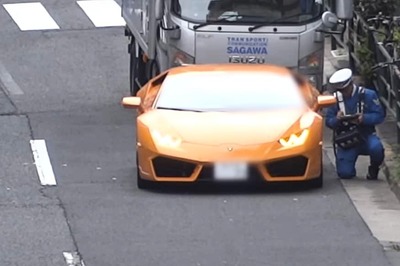
views
THIRUVANANTHAPURAM: The status of northern and southern styles of the indigenous martial art Kalaripayattu can be compared to two parallel lines that never meet. But, for the first time in the history of martial arts, the seemingly incompatible forms of this martial art would be taught to selected disciples, courtesy the efforts taken by the Kalaripayattu Association and the State Sports Council.The critical decision to simultaneously impart lessons of both the styles sprang up in 2010 when the then government had decided to include Kalaripayattu in the school curriculum. But the tiff between the masters of the two styles on ‘who is the big brother’ plagued the smooth implementation and finally the Kerala State Sports Council had to intervene to iron out the creases. A committee with the then Sports Council president T P Dasan as chairman and six masters of both styles as members succeeded in framing a syllabus after assimilating selected topics from both styles. Thus formed the mixed ‘syllabus’,a first-of-its-kind in the 3,000-plus years of martial arts history .Poonthura Soman, secretary of the State Kalaripayattu Association felt that the students should understand the techniques and methodology of the two styles which could provide them with deeper understanding of the art.”For training students in schools, the trainers would require to be well-versed in the two styles, Thekkan (Southern) and Vadakkan (Northern). So we incorporated the syllabus of the two and conducted special camps for the trainees in Kannur, Kozhikode and Thiruvananthapuram. A workshop has also been fixed in May to further educate trainers on the syllabus,” he said. He accepted that synchronising the two styles is an impossible task, but the disciples can become experts in both the styles.Meypayattu (physical exercise) and Verum Kai Payattu (unarmed fighting technique) from Northern style and Chuvadukal (foot movements), Vadiv(stances), locks and holds and basic defence movements from Southern style were also incorporated in the syllabus. This effort was well appreciated by the masters who viewed the act as an attempt to free the art from the clutches of orthodoxy. But the puritan masters such as Sudhakaran Gurukal of C V N Kalari of Kozhikode, who belong to the classical school took strong exception to the move. ”Kalaripayattu is uniform and the things that are being viewed as styles are just gimmicks. What is being taught as Kalaripayattu in many centres today is not the real stuff,” Sudhakaran Gurukalsaid.




















Comments
0 comment